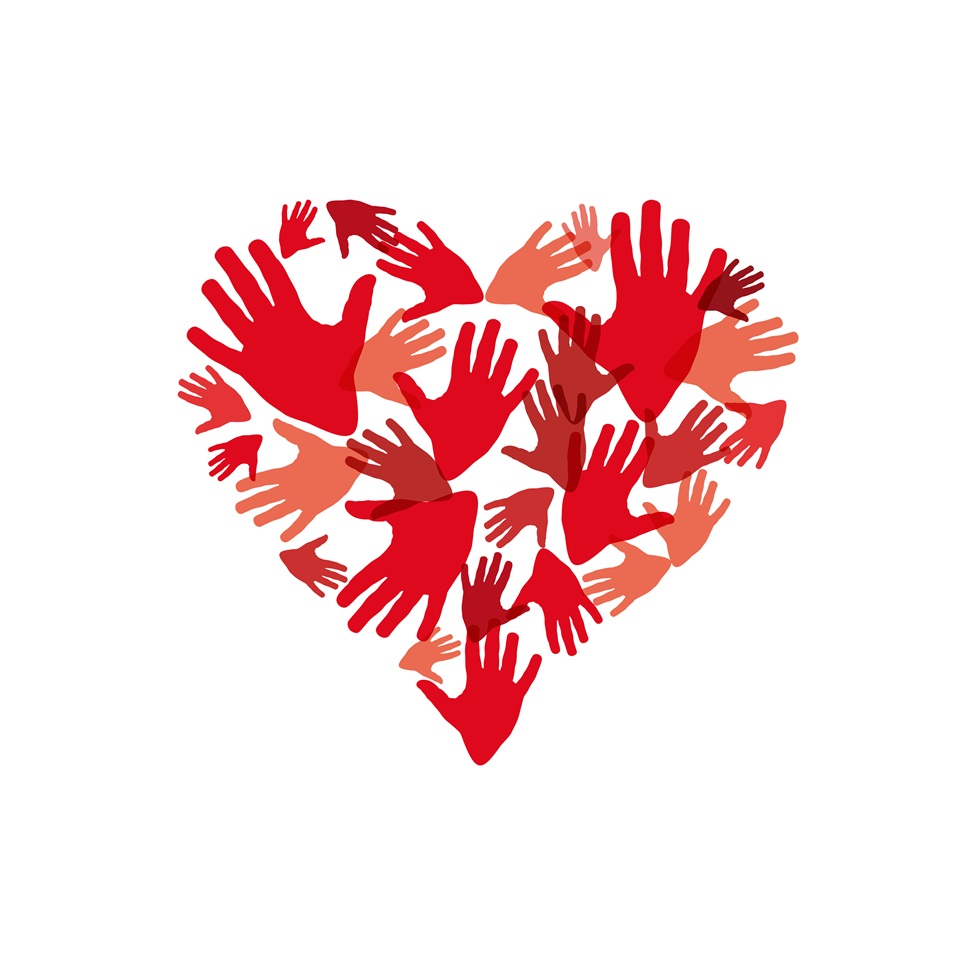Written by Marta Latek
Dr Denis Mukwege, a 59-year-old gynaecologist from the Democratic Republic of Congo (DRC) has won the 2014 Sakharov Prize. The attribution of Europe’s top human rights prize is recognition for Dr Mukwege’s perseverance and courage in his efforts to help rape survivors over the past 16 years. A fervent advocate of women’s rights, he has received many international awards, but has also became the target of death threats, and even an assassination attempt in 2012.
Panzi project
Since its opening in 1999 the Panzi Hospital, located in DRC’s conflict-affected South Kivu province, has become a reference in the treatment of victims of sexual violence. It takes a holistic approach to the issue offering victims not only medical treatment and psychological help, but also social and legal support. This one-stop-centre model, highly valued by patients, is now being extended by the Panzi Foundation to other regions of the DRC.
Endemic sexual violence

For more than two decades the DRC, in particular its eastern regions, has experienced a chronic and complex humanitarian crisis. Fuelled by ethnic resentment, impunity due to the state’s fragility, and illegal exploitation of natural resources, armed groups have proliferated and continue to commit human-rights abuses. Human Rights Watch points to ‘horrific levels of rape’, that has been used systematically by all armed groups as a ‘weapon of war’. Regular army members are among the main perpetrators. The victims, the majority women (73%) and children (25%), endure rapes which are often associated with other atrocities (such as genital mutilation, forced participation of family members in rape, gang rape and sexual slavery). The majority of rapes are not reported, due in particular to fear of social stigmatisation. Data are limited, but the number of Congolese women raped during their lifetimes has been estimated in 2011 at between 1.69 and 1.80 million, while 3.07-3.70 million have suffered sexual violence by partners. A 2014 survey conducted in North Kivu province showed that 22% of women and 10% of men have been victims of sexual violence as part of the conflict. In addition, 50% of women have experienced sexual violence in a domestic context, witnessing the spread of what Dr Mukwege calls the ‘culture of violence ‘in DRC.
European Parliament support
In several resolutions on the situation in DRC, the last from 12 September 2013, the European Parliament has strongly condemned the human rights abuses, including sexual violence, committed by all parties. Two specific resolutions were adopted on rapes in DRC in 2008 and 2011. MEPs acknowledged, in particular, the lack of adequate medical care due to unavailability of medical infrastructure, and the ‘culture of impunity’ based on DRC’s inability to implement the law. They called upon the Congolese government and the European Commission to consider the fight against sexual violence as a national priority and the priority area of bilateral cooperation. In the framework of the 11th European Development Fund 2014-2020, the EU has allocated €620 million to DRC. Among the focus areas, the health system support and strengthening the rule of law are of key importance in the fight against sexual violence and its consequences.
| Set up in 1998, the Sakharov Prize for Freedom of Thought is awarded each year by the European Parliament to honour individuals or organisations that have shown exceptional courage and dedication in the fight to defend human rights and fundamental freedoms. The candidate is nominated by the political groups (or 40 MEPs), with the winner chosen by the Conference of Presidents from a short list adopted by the Foreign Affairs Committee. |








Be the first to write a comment.